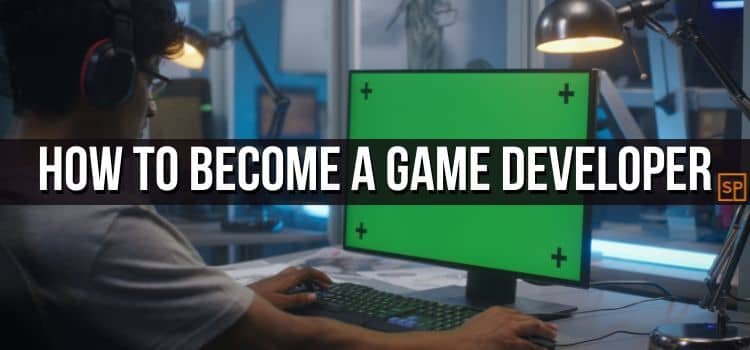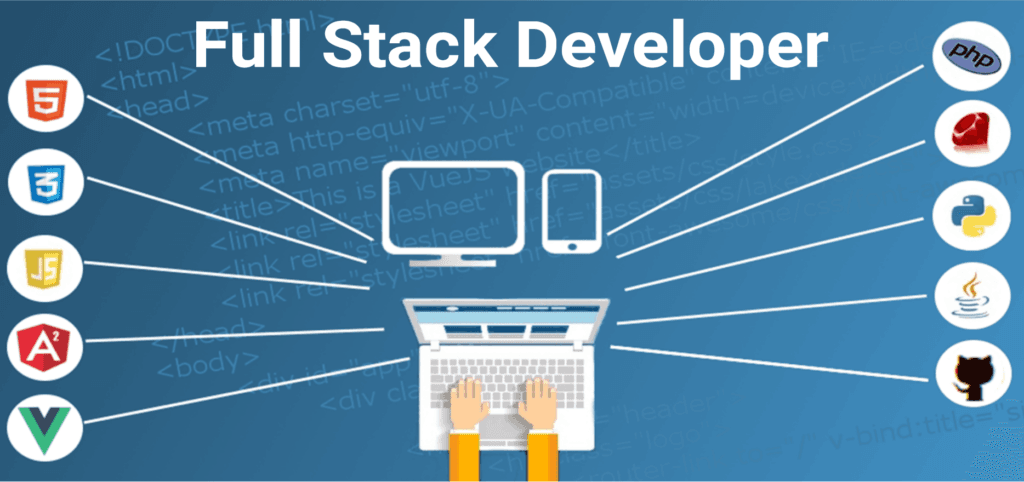The Best Way to Become a Game Developer

With around 2.8 billion players globally, gaming is one of the sectors of the economy that is expanding the quickest. A career in video game production can be incredibly gratifying if it’s a field that interests you. This article provides details on how to become a game developer, the best game design careers, the pay for a game developer, and other important game development-related information.
To design and create interactive video games for individuals and groups, game development requires an intriguing fusion of creative and technological talents. It could include developing the concept, designing, creating the graphics, AI traits, and game mechanics, testing and troubleshooting ongoing projects, and publishing the game.
A large game development studio or a lone individual can both work on game development. It may be as big or as small as desired. You can term something a “game” as long as a player can alter the pieces and interact with the information. One need not need create programming to begin the game creation process. While a developer can focus on the programming, artists can create the assets, and a tester can become involved to make sure the game performs as planned.
A game developer can come from anyone.
In the field of game creation, passion and originality are crucial traits. Today, the expansion of e-games and the steady and continuous advances in technology have taken centre stage.
Let’s first examine the extent of gaming from an Indian perspective:
- According to a NASSCOM report, the Indian gaming business generates close to $890 million in revenue each year.
- According to a KPMG and Google analysis, India has a billion-dollar economic opportunity in online gaming.
- According to another report, the gaming industry will expand quickly due to rising smartphone adoption, engagement, and user awareness.
The majority of people like playing video games, and those who are highly technically skilled and have a thorough understanding of gaming technology may find fantastic career opportunities in the gaming industry. Game developers create the essential components that give a video game life. You have a great chance of becoming a game developer if you like playing video games, have good math skills, and are creative.
Video game developers help translate a game’s perception into a playable reality. They design the elements that enable players to use a video game. To enable consumers to play a game, developers create the computer code that tells a system or computer how to run the game.
Game developers create games and their fundamental components, test games, and provide design evaluations. They accomplish this by coding the game’s visual and functional components, testing each iteration along the way, and releasing the finished product. It is essential to consider the game mechanics, player involvement, rewards, and level design when creating a game. If you enjoy playing video games and working with computers, a career in video game production might be quite rewarding.
Game developers frequently focus on the user interface, artificial intelligence (AI), game logic, and graphics.
A game may take years to develop from conception to completion and is developed by teams of specialists.
The steps involved in game creation include creating the visual appearance and functional elements of a game, animating objects and characters, creating audio, localising, scripting, editing, testing, and producing.
Getting Started as a Game Developer
To become a game developer, you can follow the following steps:
- get your bachelor’s degree.
- Refresh your knowledge of physics and math.
- Boost your knowledge of software engineering.
- Improve your storytelling abilities.
- build a portfolio for game developers.
- Get a job as a game developer at the basic level.
- Be ready to face fierce competition in the job market.
Game developer responsibilities and skills
It takes both artistic and intellectual abilities to create a video game. In order to build a game’s concept, video game creators must collaborate while adhering to project timeframes, engaging with team members, and staying below a set budget.
If your profession mixes development and design, a degree in interactive media, animation, art and games design, or graphic design can be helpful. The Independent Games Developers’ Association has accredited a range of undergraduate and graduate games courses (TIGA). Another route into the gaming industry is to work as a tester or QA specialist.
For this position, you do not require a degree or a Higher National Diploma (HND), but you should have some programming experience, a lot of gaming experience, a good understanding of various styles, and database and platform knowledge.





